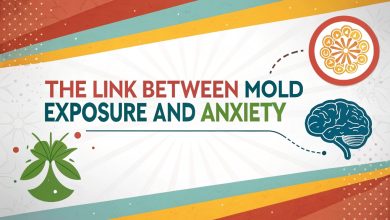Causes of insomnia

Insomnia is commonly defined as a sleep disorder or an individual’s difficulty falling asleep or maintaining sleep. Insomnia is interesting because it can be considered as being both an independent disorder on its own and a symptom of another disorder or condition. Because of these characteristics, Insomnia can be grouped into Two sub categories; primary and Secondary Insomnia. Primary Insomnia is a sleep disorder that is not the result of a medical, psychiatric or environmental cause, while Secondary insomnia is insomnia that is secondary to another condition, and thus is considered a symptom brought upon by the condition. Insomnia is a very serious condition that affects a lot of people around the world.
Insomnia can be classified into Three sub-groups; Transient insomnia, Acute Insomnia and Chronic Insomnia. Transient insomnia is the least severe class of insomnia; it only lasts for less than a week and is usually cased by mundane actions such as a sudden change in an individual’s sleep cycle. Transient Insomnia is also caused by more serious conditions such as depression, and stress. Acute insomnia is the inability to continuously sleep well for longer than a week but less than a month. This form of Insomnia is brought upon when there is difficulty maintaining sleep or the sleep gained is not refreshing. Acute Insomnia is usually the result of some form of day time action or activity that will later have an adverse affect on the individual. Chronic Insomnia can be a primary or secondary cause; it lasts longer than a month. Chronic insomnia usually leads to muscular fatigue, hallucination and mental fatigue. Chronic Insomnia can also cause one to have double vision.

There are many contributing factors that can cause the various forms of insomnia. Going to bed at different times every night, for example, can cause insomnia. Sleeping in a poor environment such as rooms with too many noises or distracting lights also leads to inability to sleep and occasional insomnia. Dependency on sleeping pills and medication will also cause insomnia. Medical disorders or conditions such as Bipolar disorder or Depression also lead to or are symptoms of insomnia. Stress, physical pain or discomfort and thyroid disease are also commonly associated with being causes of insomnia or sleeplessness.
To treat your insomnia, it is important to put into consideration any lifestyle or sleep habits that might be affecting your sleeping. In essence, it is important to have proper “sleep hygiene”. Consulting a psychiatrist or therapist can also be beneficial when trying to treat your insomnia or sleeplessness. You might be prescribed antidepressants or mild sedatives to help you sleep properly. Insomnia is a serious condition and many suffer from it yearly. It is imperative to take the proper steps to treating your insomnia.




